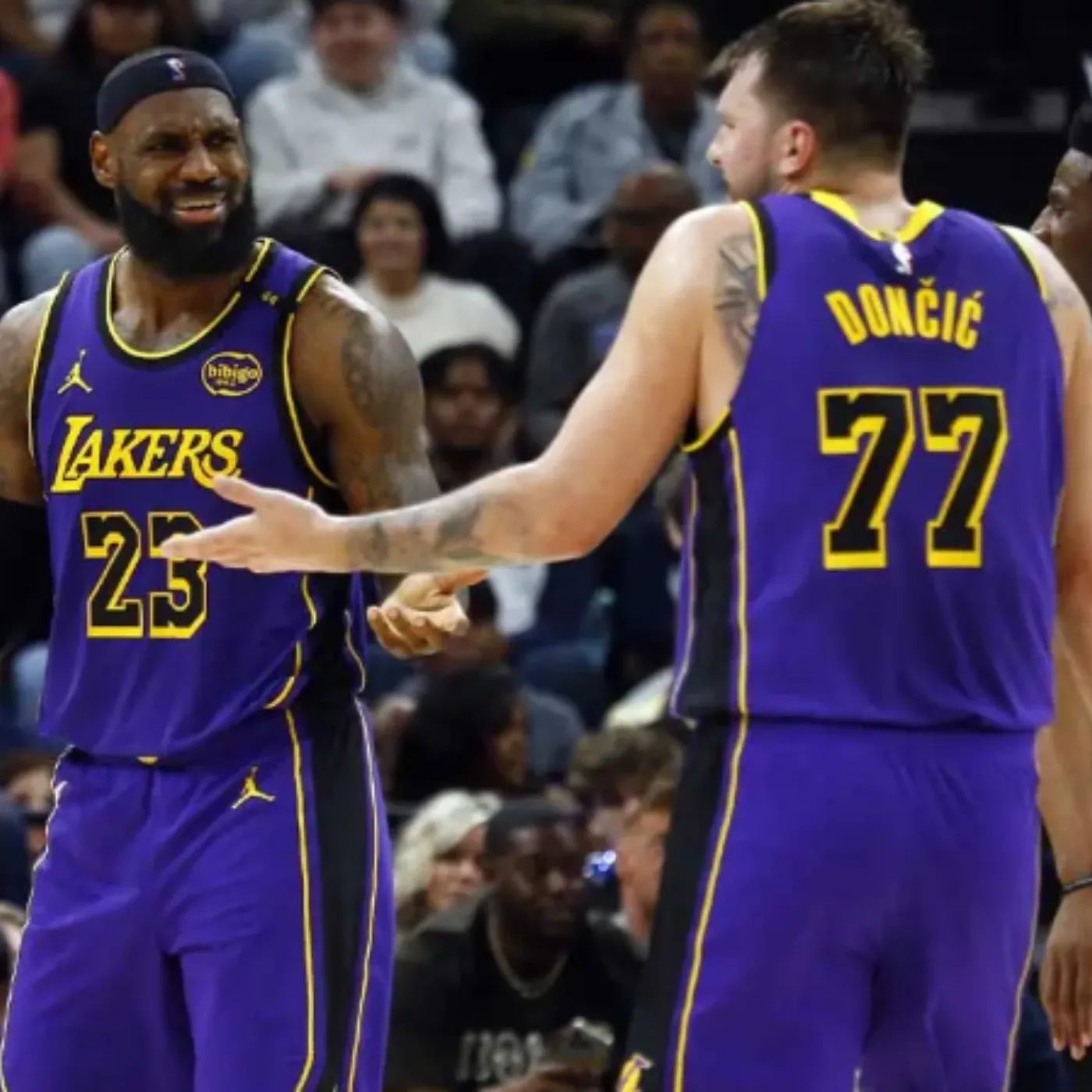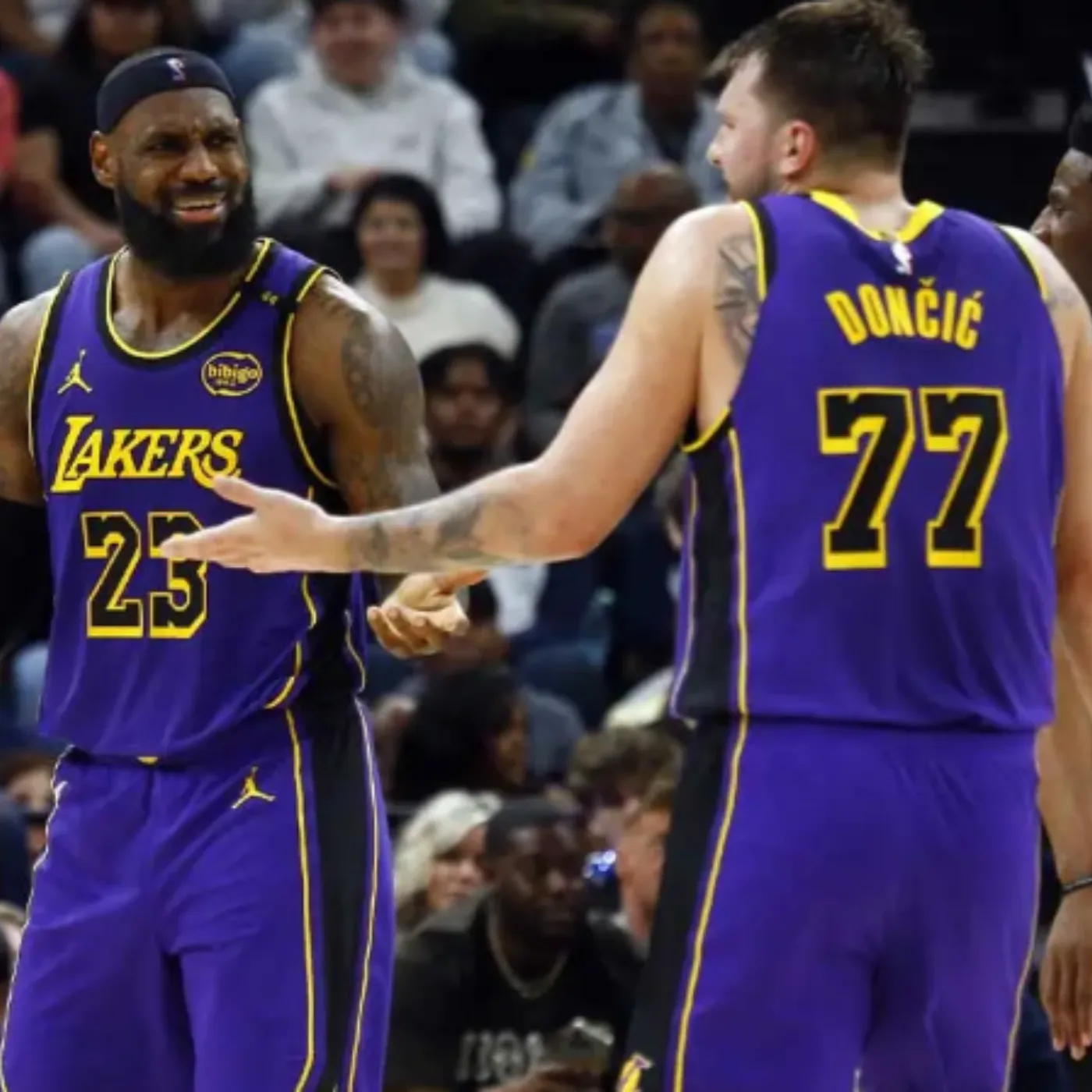
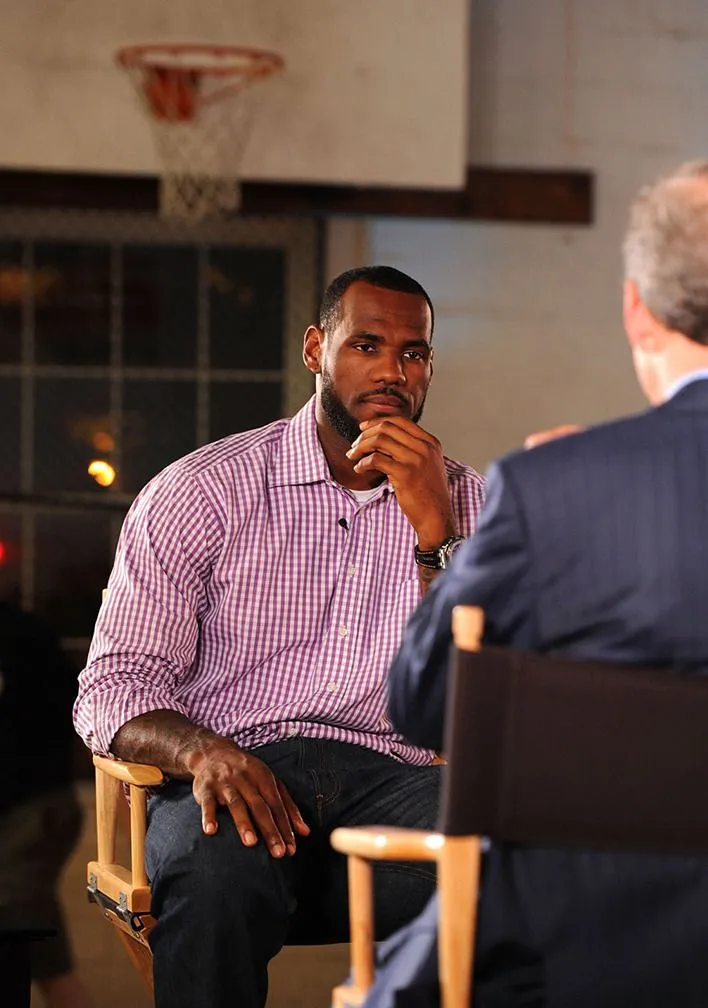
King James Praised as a Living NBA Icon — But the Internet Explodes After Claims He ‘Checked Out’ an Illegal Streaming Site!
Checking Out the Illegal Platform
When you hear the name LeBron James, you think about NBA dominance, four-time championships, and a career that has stretched across two decades with unmatched consistency. What you don’t expect is the Los Angeles Lakers superstar’s name to surface in connection with the shutdown of one of the biggest illegal streaming platforms in the world. Yet that’s exactly what has happened in the wake of the recent takedown of Streameast, a piracy giant that drew more than 1.6 billion visits in just twelve months.
Streameast: The King of Illegal Sports Streaming
For years, Streameast operated in the shadows, feeding millions of fans worldwide who didn’t want to pay subscription fees for live sports. With more than 136 million monthly visits, the platform became a hub for basketball, football, UFC, and even international soccer matches. Unlike small-time pirated streams that often vanish mid-game, Streameast built a reputation for reliability, high-definition quality, and uninterrupted feeds—qualities that turned it into the go-to option for millions of cord-cutters.
The numbers are staggering. Analysts estimated that more than 40% of Streameast’s global traffic came from the United States and Canada, while the United Kingdom, Germany, and the Philippines made up significant portions of the audience. In short, it wasn’t just a niche operation—it was a global phenomenon that threatened billions of dollars in legitimate sports broadcasting revenue.
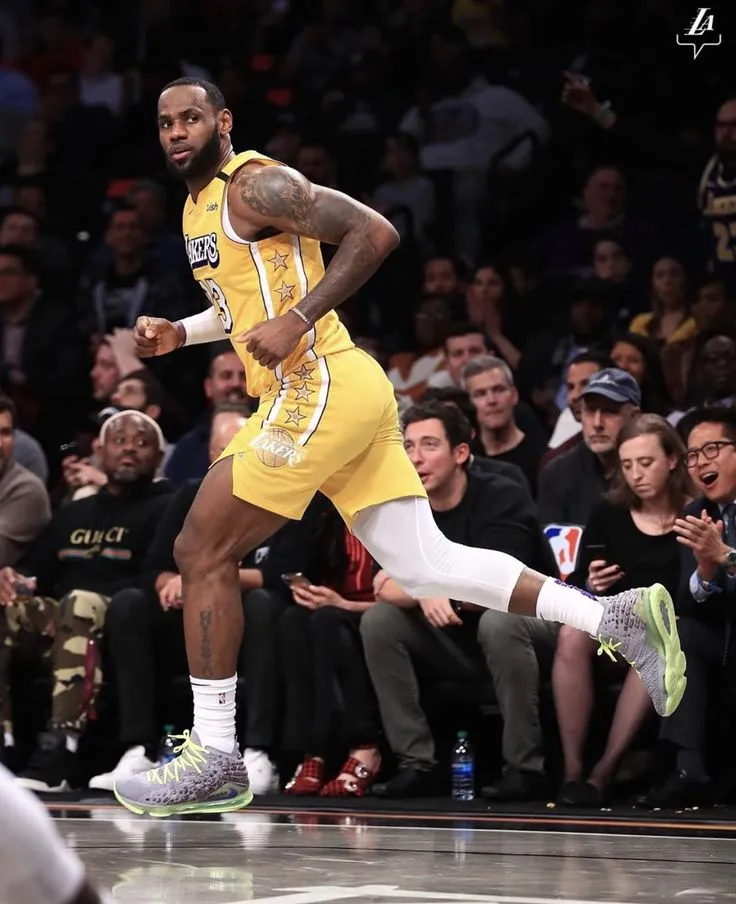
The International Crackdown
The shutdown didn’t happen overnight. According to investigators, the platform had been under surveillance for more than a year. Egyptian law enforcement, working with international partners and supported by the Alliance for Creativity and Entertainment (ACE), orchestrated the takedown. This coalition includes industry titans like Amazon, Netflix, Paramount, and Apple TV+, who have been waging an aggressive war against piracy.
ACE executives described the Streameast shutdown as a “major victory” for sports leagues, broadcasters, and rights holders across the globe. Beyond the money lost, the platform also represented a serious cybersecurity risk, with fans exposing themselves to malware and scams while chasing free streams. By dismantling Streameast, ACE claims to have sent a loud message to the entire digital piracy ecosystem.
But the celebration was complicated when one of the NBA’s most recognizable faces was suddenly linked to the scandal.
How LeBron James Got Dragged In
Reports began circulating after a viral YouTube clip resurfaced from last year. The video allegedly showed LeBron courtside at a Nike youth basketball tournament, where he was seen watching a Dallas Mavericks vs. Minnesota Timberwolves game via Streameast on his phone. At first, it seemed like a minor, almost humorous moment—an NBA superstar casually streaming another NBA game during downtime. But the ripple effects were massive.
Some fans began speculating that this very clip was what drew law enforcement’s attention to the platform. If the world’s most famous basketball player could openly stream games illegally, then millions of others surely were too. For critics, it wasn’t just bad optics—it was a damaging endorsement of piracy, even if unintended.
“Though it may have led to the site’s demise, it’s still a bad look for LeBron to be seen using an illegal service for the whole world to see,” said one NBA insider. The incident has fueled debate about how athletes, often global role models, should handle their own media consumption in an era when illegal streaming is both widespread and easy to access.
The Fallout: A PR Storm for LeBron
LeBron James is no stranger to controversy, but this situation is different. Normally, criticism revolves around basketball decisions, team loyalty, or social commentary. But this time, he’s facing questions about digital ethics and whether a billionaire athlete should ever be caught cutting corners for something as trivial as streaming a game.
Fans were quick to pile on. On social media, phrases like “LeBron busted streaming” and “King James caught pirating” began trending. Memes surfaced showing LeBron with pirate hats, while others sarcastically pointed out that if LeBron—whose net worth exceeds $1 billion—would rather use an illegal site than pay for NBA League Pass, then what hope was there for everyday fans?
The optics are undeniably problematic. Even though there is no evidence LeBron had any direct involvement in Streameast’s operations, the association has become a viral talking point. For a player who has meticulously cultivated his public image, this kind of scandal—even if relatively minor—could linger longer than expected.
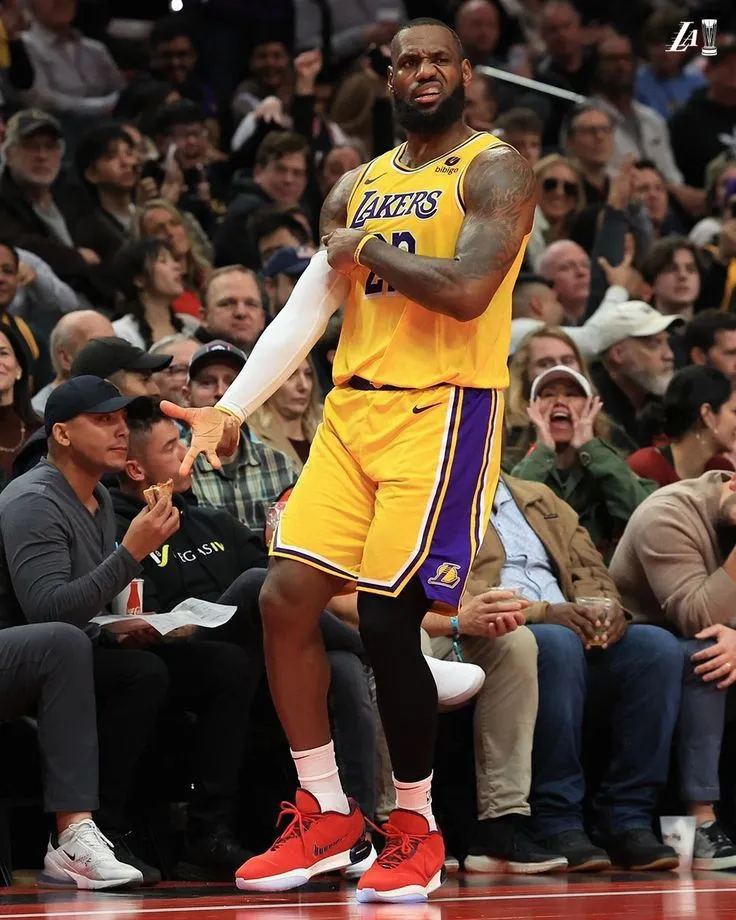
Why Streameast Was Different from Other Pirate Sites
To understand why this situation blew up, you have to understand what made Streameast unique. Unlike smaller piracy sites that often vanished after a few takedowns, Streameast had built itself into a legitimate-looking empire. It offered a slick interface, professional branding, and streams that rivaled official broadcasters in quality. Some even claimed it was more reliable than certain paid services.
That reliability created a cult-like following. Fans openly shared Streameast links on forums, Reddit threads, and even Twitter, without much fear of repercussions. For younger fans, especially Gen Z and Millennials already used to free digital content, Streameast was just another tool. And when LeBron James was seen using it, it almost validated what millions were already doing.
The Bigger Question: Is the Sports Streaming Model Broken?
Behind all the jokes and memes, there’s a deeper conversation here. Why was Streameast able to grow so big? The answer lies in the current structure of sports broadcasting. Fans are often forced to juggle multiple subscriptions—NBA League Pass, ESPN+, Hulu, Amazon Prime, and regional sports networks—just to follow their favorite teams. Costs can add up quickly, with some households paying more than $100 per month for access to live sports.
That frustration is what piracy platforms like Streameast thrive on. They offer simplicity, convenience, and a one-stop shop for all sports. For leagues and broadcasters, the LeBron incident is a wake-up call. If even the NBA’s biggest superstar isn’t fully on board with their system, then maybe the system itself needs fixing.
Legal and Industry Repercussions
The shutdown of Streameast marks a turning point. Legal experts predict more crackdowns, with ACE likely targeting the next big piracy sites. But there’s also concern that such victories are temporary—piracy tends to be like a hydra, with new sites popping up as soon as one is cut down.
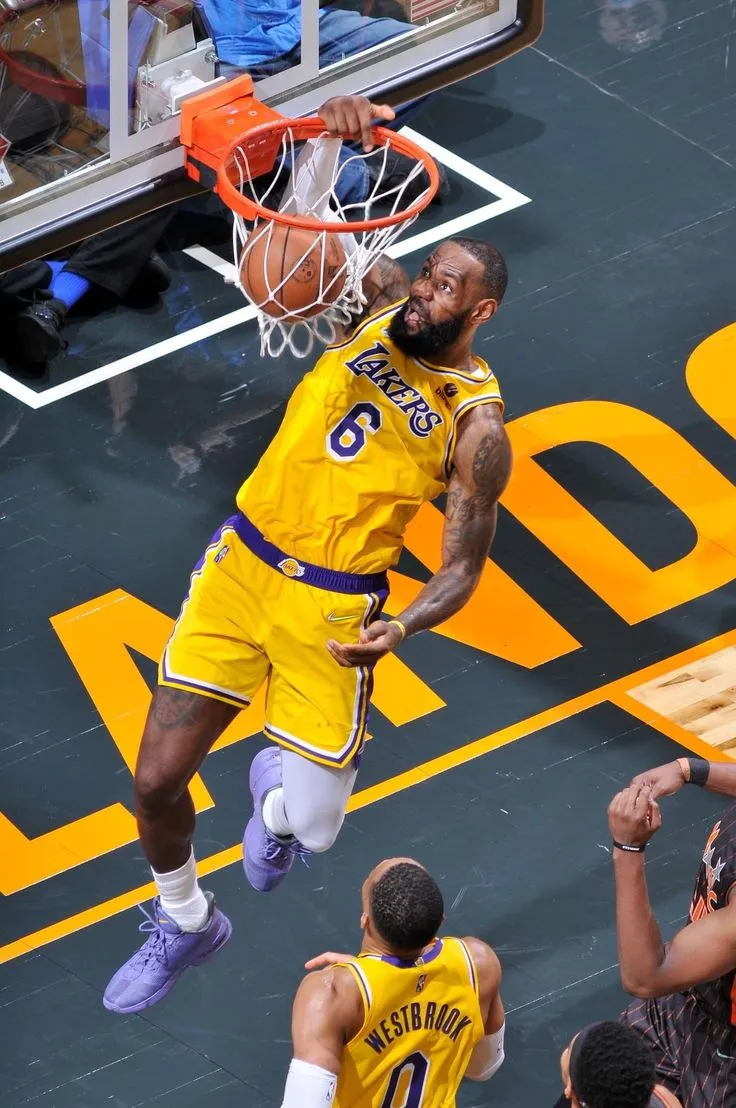
The LeBron connection adds another wrinkle. While he’s unlikely to face legal consequences, his inadvertent role in the Streameast saga could serve as a powerful case study. Media companies may use the incident as ammunition in lobbying for stricter anti-piracy laws or to pressure platforms like YouTube and Reddit to crack down on pirated stream sharing.
What Happens Next for LeBron?
For LeBron personally, the damage may be more about reputation than legality. In the short term, he may shrug it off with humor, perhaps even addressing it in an interview or social media post. But the viral nature of the scandal ensures it will remain part of the conversation whenever streaming and sports piracy are discussed.
From a PR standpoint, the best move may be for LeBron to pivot—perhaps by partnering with the NBA or streaming platforms to raise awareness about piracy’s impact. Turning the negative into a positive has been his strategy before, and it may be his best option now.
Conclusion: The King Meets the Pirate World
The Streameast saga was already huge—a 1.6 billion-visit empire brought down by international law enforcement. But when LeBron James got pulled into the narrative, it transformed from a niche piracy story into a mainstream talking point.
Was he just another fan looking for a convenient stream? Or did his casual use of Streameast shine a spotlight that helped bring the entire platform down? Whatever the case, the incident raises bigger questions about the future of sports streaming, the ethics of digital consumption, and the fragile balance between fans, athletes, and the billion-dollar sports media machine.
One thing is clear: in 2025, even the King of Basketball isn’t immune from the messy world of online piracy.









